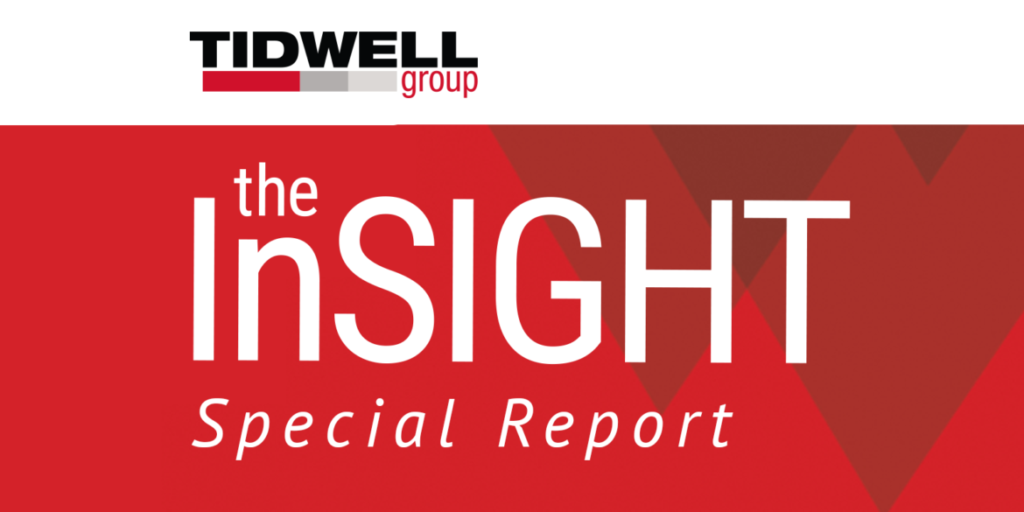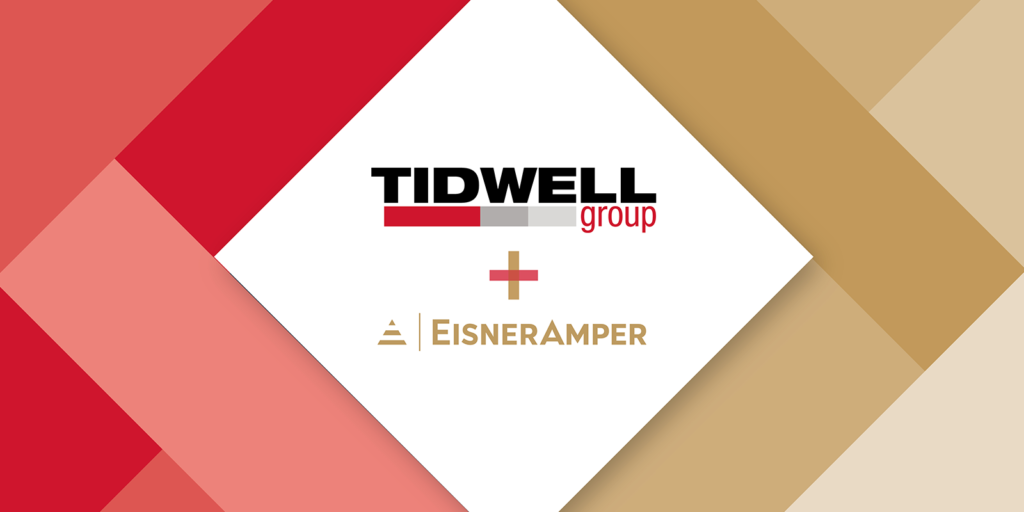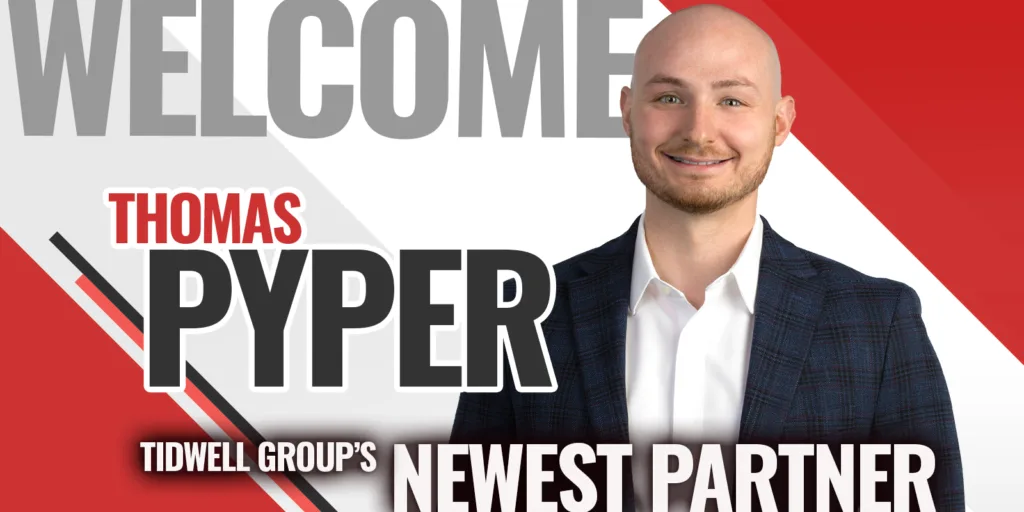This week, Congress passed the first major tax overhaul in years. Tidwell Group has analyzed the tax provisions to share insight on how some tax provisions may impact its clients.
Taxpayers will be able to deduct 100% of the cost of qualified property placed in service after 9/27/2017. However, with tax rates decreasing starting on 1/1/18, tax deductions will have a reduced benefit. Take advantage of this provision in the tax reform bill and of 2017’s higher tax rate by contacting us today to see if you qualify.
Summary of Key Tax Provisions
- Depreciable Assets: Businesses are allowed to immediately write off (or expense) the cost of new investments in certain qualified depreciable assets and placed in service after 27 September 2017 (but would be phased down starting in 2023).
- The New Markets Tax Credit is retained: H.R. 1 retains the NMTC 2018 and 2019 allocation rounds. This reflects congressional opposition to the House provision terminating allocation rounds after 2017.
- LIHTCs are retained with no direct changes: H.R. 1 retains the LIHTC, making no direct changes to the structure of the credit. Provisions in the Senate-passed bill authored by Senator Pat Roberts (R-KS) that changed the general public use safe harbor and the automatic basis boost for rural areas were not included in the final agreement. The Senator’s revenue offset reducing the basis boost for all properties was not included. The bill also adopts a slightly different measure of inflation that will result in smaller annual indexing increases each year. This will affect the annual per capita allocation for the credit.
- Private Activity Bonds have been retained: H.R. 1 retains current law for tax-exempt PABs, reflecting congressional opposition to the House provision terminating them. The new measure of inflation mentioned above will also affect the volume cap for PABs.
- Corporate Income Tax Rate: A flat corporate income tax rate of 21% will replace current rates that range from 15% to 35% . The corporate alternative minimum tax (AMT) will be eliminated under the new law.
- Net Operating Losses: The new law reduces the maximum deduction for net operating loss (NOL) carryforwards arising in tax years beginning after 2017 to a percentage of the taxpayer’s taxable income. It allows any NOLs generated in tax years beginning after December 31, 2017 to be carried forward indefinitely and generally repeals carrybacks.
- Taxes for individuals are generally lower:
- 10% (income up to $9,525 for individuals; up to $19,050 for married couples filing jointly)
- 12% (over $9,525 to $38,700; over $19,050 to $77,400 for couples)
- 22% (over $38,700 to $82,500; over $77,400 to $165,000 for couples)
- 24% (over $82,500 to $157,500; over $165,000 to $315,000 for couples)
- 32% (over $157,500 to $200,000; over $315,000 to $400,000 for couples)
- 35% (over $200,000 to $500,000; over $400,000 to $600,000 for couples)
- 37% (over $500,000; over $600,000 for couples)
Message to Clients
The law we expect to be enacted this week could have significant income tax accounting implications for companies, beginning in the current 2017 quarter. As a result, companies need to focus on accounting for the changes and disclosing the financial reporting effects of the new law.
Contact Tidwell Group Today!










